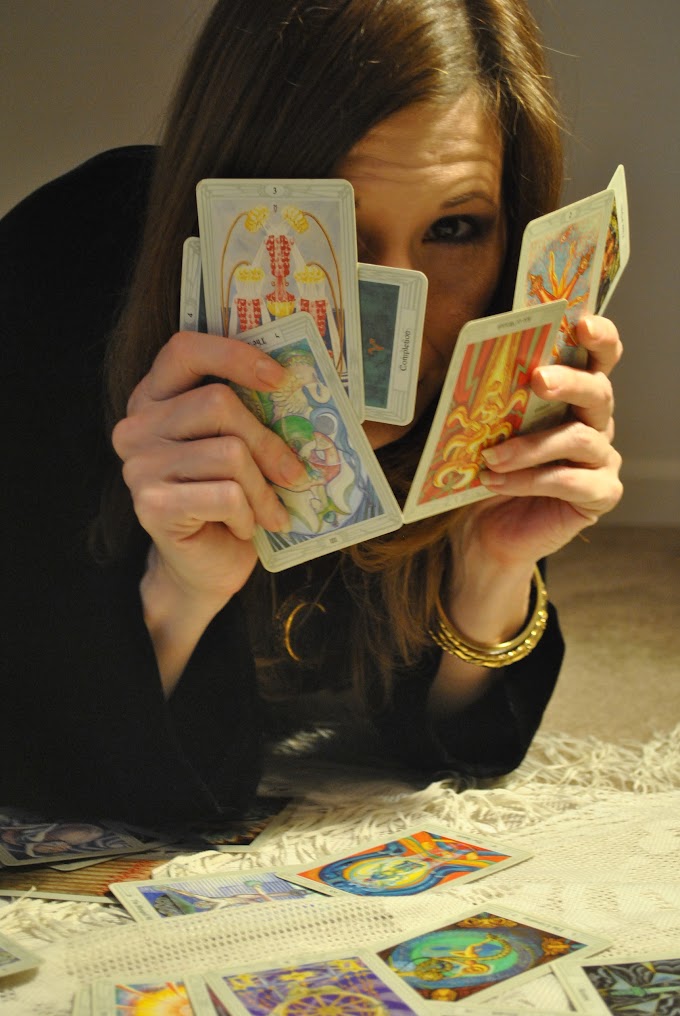 |
| Joos van Cleve [Public domain], via Wikimedia Commons |
"Though pedantry denies,
It's plain the Bible means
That Solomon grew wise
While talking with his queens...."
-William Butler Yeats (1865-1939) "On Woman."
What exactly did a Queen do? Was her role merely as a consort to a King or did she have other specific duties? Well, the answers to those questions depends on the Queen. History is a mixed bag where queens are concerned with some serving as adornment and makers of heirs while others held power and authority at full throttle. Most were the ultimate diplomats and served as negotiators between conflicting lands.
Mostly, I think, it depended upon their own personalities whether they chose to take a more active or passive role in politics and intrigue, and as was true in history the same is reflected in the Tarot Queens as each has their own personalities and manner. The Queens that held the most power were those whom, upon inheriting the throne, refused to marry. There is a difference between power and authority and while queens often held tremendous power they, unless they were the sole monarch, had little authority. Therefore, they often found ways to exert their will more subtly and with more diplomacy than say, giving an outright order. Some might say they were the power behind the workings of the monarchy and indeed they often were. Sometimes without the knowledge of the king. Some were treacherous and some were loyal, so there really isn't one composite sketch of a queen that can be drawn.
In Spinning Clio: Where History and Politics Meet author Marc posts about the role of Medieval Queens:
"To generalize a bit, queens during the EMA [Early Middle Ages] were one of a small number of influential advisors at court and thus had a greater advisory role to the king. During the High Middle Ages of the 12th-15th century, royal courts had become more complex and the influx of new officials tended to reduce the role of the queen in governmental matters... Thus, the primary importance of the Queen shifted from being a royal consort who could wield power in her own right to being the vehicle through which the royal blood was continued. Her womb was her most valuable commodity. Yet, an individual queen’s actual power still depended on her relative strength of position as king’s consort and her own personal power, which both tended to be greater the smaller the size of the royal court. "
See? Even he says, "It depends on the queen."
Of course it does. It always has.
Portrait of Eleonora, Queen of France c. 1530 Oil on wood, 35,5 x 29,5 cm Kunsthistorisches Museum, Vienna




















No comments :
Post a Comment
Please do not post links. Your comment will be deleted. Thank you.